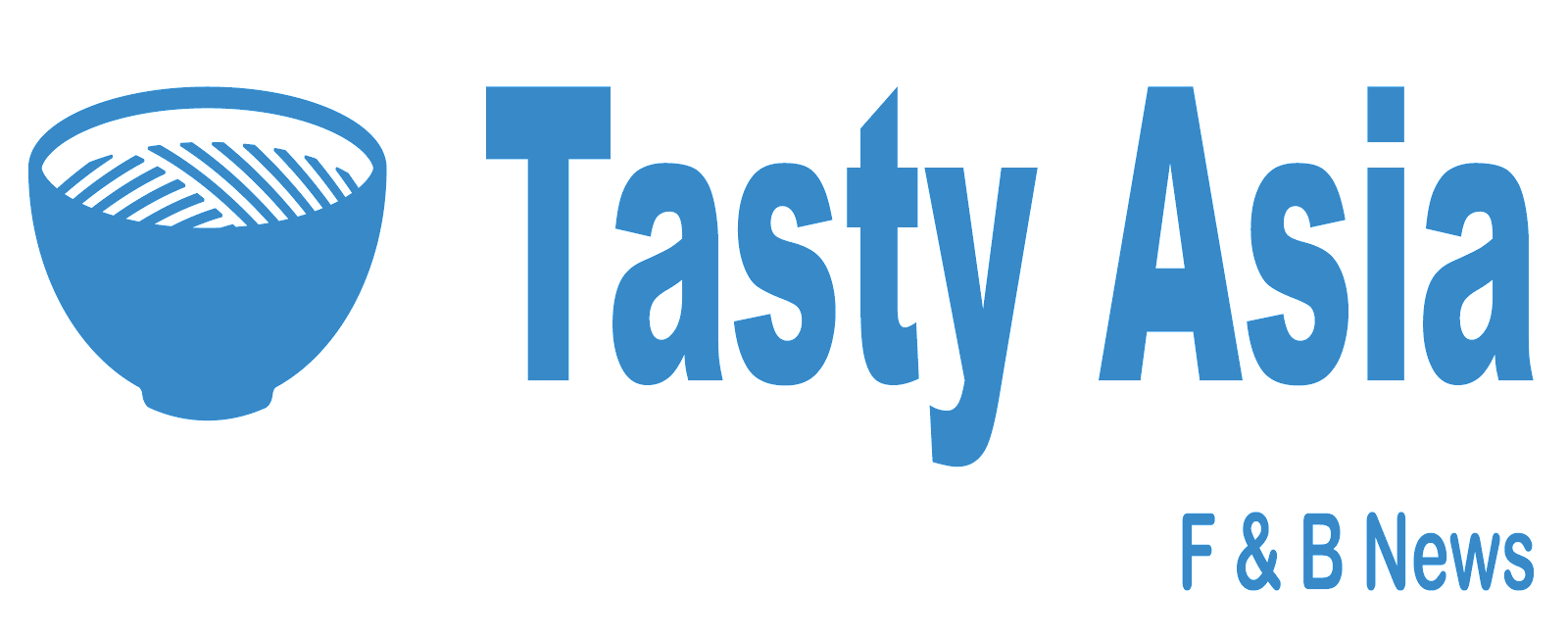 Despite the challenges presented by the current COVID-19 pandemic, several food and agribusiness companies in South-east Asia are committed to ‘staying the course’ when it comes to adopting and implementing environmentally sustainable practices across its food supply chains.
Despite the challenges presented by the current COVID-19 pandemic, several food and agribusiness companies in South-east Asia are committed to ‘staying the course’ when it comes to adopting and implementing environmentally sustainable practices across its food supply chains.In its latest Sustainability Report entitled "Staying the Course" Indonesia’s Sinar Mas Agribusiness and Food, reiterated its commitment to achieving lasting sustainable practices in its supply chains. Some of the polices implemented include:
· The achievement of nearly 80% Traceability to the Plantation (TTP) for the company’s entire palm supply chain, putting it on track to achieve the target of full TTP by end-2020.
· The company supports, directly and indirectly, the conservation of 144,000 hectares of forest area.
· Continued support to 40 alternative livelihood projects in partnership with local communities across Indonesia. These projects, which include growing organic vegetables and other cash crops like coffee, help improve rural farming communities' resilience and livelihoods, especially in times of crisis like the COVID-19 outbreak.
"Staying the course is a fitting description for the reality of working to achieve lasting sustainable practices in our business and wider supply chain," said Agus Purnomo, managing director, Sustainability, Sinar Mas Agribusiness and Food.
"Industry-wide transformation, such as what the palm oil sector has been undergoing, can only be achieved by daily on-the-ground effort. It requires the collaboration and support of all stakeholders.”
Animal-free labour in Thailand
Meanwhile, Theppadungporn Coconut Co (TCC), the manufacturer and distributor of Chaokoh coconut milk in Thailand, ensures zero monkey labour in its coconut production.
The company does not buy or support the use of all types of animal labour in harvesting products. Therefore, all coconuts from TCC’s suppliers must be harvested humanely with an animal-free method.
TCC buys mature coconuts from its contracted farmers in five provinces: Samut Songkhram, Ratchaburi, Prachuap Khiri Khan, Nakhon Si Thammarat and Narathiwat. The villagers there harvest the coconuts using tools like a long bamboo stick or a pole pruner.
Aphisak Theppadungporn, TCC managing director, explained: "Our business is related to natural products. It is not only our duty but our integrity to take care of nature, human and wildlife, as a whole. We have a clear-cut policy on this issue to ensure that our business will not tolerate any sign of animal and wildlife labour or abuse."
He added that TCC sets the standard in every business process. Its customers could trace back all methods to make sure that the company's products are environmentally sustainable. (Image from TCC)

إرسال تعليق